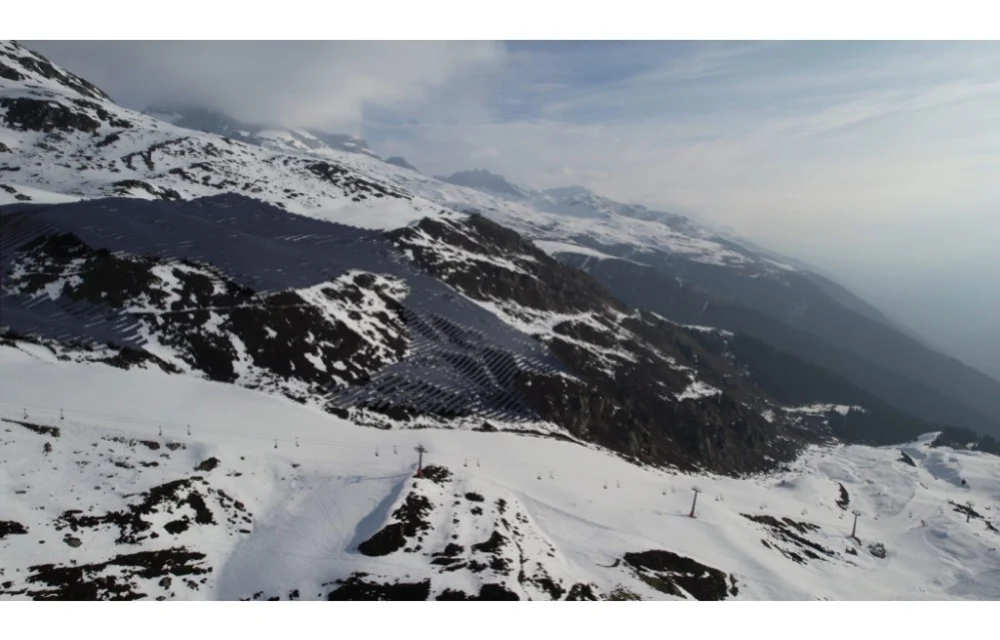- Swiss voters have cleared the government act on increasing energy supply from renewables
- It carves out a bigger role for solar energy including for large-scale PV, and especially for distributed solar
- It will increase the chances of renewables being favored even in the event of opposition
The people of Switzerland have voted in favor of the Federal Act on a Secure Electricity Supply from Renewable Energy Sources which will enable the country to rapidly produce more electricity from power generation sources such as water, sun, wind and biomass. The government says this will consolidate the independence of the country’s electricity supply.
The Swiss Parliament passed the act on September 29, 2023, but the opponents of wind power and landscape conservationists sought a public referendum for the same. It was held on June 9, 2024 with 68.72% of respondents voting in favor.
This legislation will pave the way for the expansion of solar power production through rooftop solar. Considering their importance for electricity supply in winter, it will subject large-scale solar energy plants and wind energy facilities to less strict planning conditions. The relaxed planning conditions will also apply to 16 hydropower plants.
Financial support for new renewable energy plants is currently available till 2030, a deadline that will be extended to 2035. The subsidy will be financed by electricity consumers who will pay 2.3 cents/kWh as grid surcharge.
The result of the referendum for the act passed by the Federal Parliament will ‘increase the chances that a project can be realized even in the event of opposition.’
Local solar association Swissolar has welcomed the referendum saying solar energy will now become the 2nd pillar of the Swiss energy supply alongside hydropower.
It particularly mentions additional incentives for expansion created by the local electricity communities (LEG) and virtual associations for self-consumption (ZEV). These measures will allow local trading of solar power. Additional funding is also promised for systems installed above parking lots.
Boost to large-scale solar systems will make it possible for such facilities to be developed in the Alps; however, alpine solar projects haven’t been without opposition till now (see Interest In Solar Power In The Swiss Alps Growing).
In 2024, solar power will constitute 10% of the annual consumption of total electricity with 6 TWh supply in Switzerland. By 2035, new renewable energies should supply 35 TWh annually, driven by solar power. According to the association’s estimates, by 2050, solar PV should provide 45 TWh annually, accounting for around 50% of the total national consumption. An EPFL study from February 2024 claimed rooftop solar as offering the quickest way for the country to achieve its 45 TWh renewable energy target under Energy Strategy 2050 (see Rooftop Solar Can Help Switzerland Achieve Energy Targets).
Recently, the Swiss Federal Council said no to any plans to support the development of an industrial solar supply chain in the country (see No Plans For Switzerland To Support Industrial PV Production).


